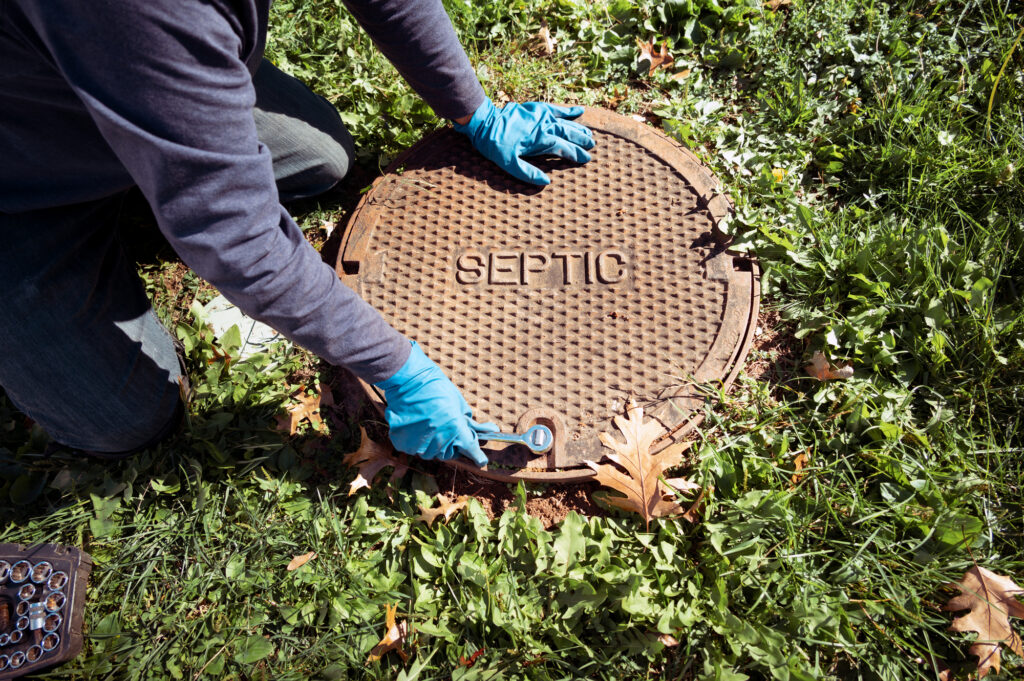Maintaining a septic system might not be every homeowner’s top priority, but it’s an essential aspect of household management with far-reaching implications. The septic system, often hidden below the ground, functions quietly to process household wastewater. It’s only when a malfunction occurs that its significance becomes glaringly apparent. Regular upkeep can significantly impact the longevity of your septic system and contribute positively to environmental sustainability.
Understanding how septic systems function is often underestimated. Knowledge about the essential components and their roles can assist homeowners in pinpointing potential issues early and facilitating timely interventions. By integrating a few routine habits and leveraging services like Affordable Septic, homeowners can navigate the challenges of septic maintenance seamlessly and efficiently.
Understanding Your Septic System
A household’s wastewater management relies heavily on septic systems. Typically, a tank and a drain field make up each system. When wastewater from your house enters the tank, solids sink to the bottom and create sludge, while oils rise to the top as scum. Bacteria in the tank helps to break down these solids. The remaining liquid, or effluent, exits the tank and goes into the drain field, where it is further purified. Understanding this process helps maintain the efficiency of your system, ensuring that it processes waste without issues and preventing backups and overflows. A well-functioning septic system is less likely to experience clogs or failures, which can lead to unpleasant and potentially hazardous situations.
Importance of Regular Inspections
Scheduled inspections are vital in identifying potential issues with your septic system. Inspections should be conducted every three years, although the frequency can vary based on system usage and household size. The Environmental Protection Agency recommends regular checks as a preventive measure against costly repairs. These examinations determine the amounts of sludge and scum, look for leaks, and make sure every part is operating as it should. Using these inspections to find problems early on can save future unforeseen costs and inconveniences.
Signs Your Septic System Needs Attention
Identifying issues early can save your septic system from severe damage and your wallet from costly repairs. Observe for signs of water damage, such as slow-draining toilets, unpleasant odors, or lush grass patches over your drain field. These issues could indicate blockages, tank overfill, or problems within the drain field, necessitating immediate attention to avoid more severe problems. Addressing these signs promptly can save you from significant inconveniences and further damage to your septic system.
Hiring Professional Help
Complex issues often necessitate professional intervention. Professional septic services offer thorough inspections, pumping, and repairs tailored to your system’s needs. Engaging a specialist ensures your system’s health and longevity by using advanced tools and techniques that might not be available to the average homeowner. Professionals can also offer expert advice on maintaining your system beyond what you can manage, ensuring your septic system remains problem-free for years.





